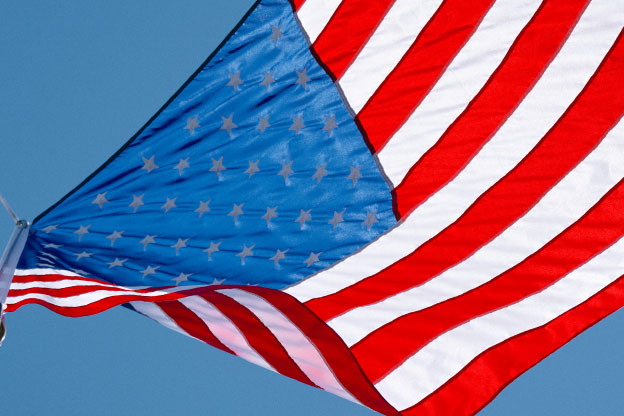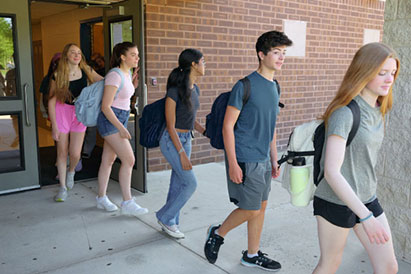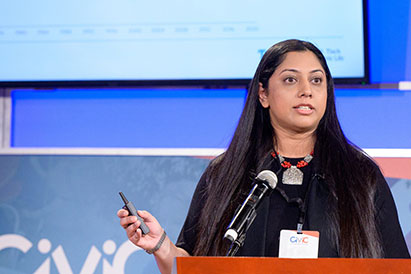We have reached the final weeks of a very closely contested and tumultuous election campaign, and I want to acknowledge the nerves that many of you in our community may be feeling right now amidst the cascading challenges around us and the nature of our work together. I am feeling the weight of the moment, too.
In times like these, sometimes the best we can do is channel our energy into something simple and positive, which for me is often gratitude. In that spirit, I want to ask you to join me in thanking America’s civic frontline workers—educators of all kinds, election officials and volunteers, local leaders and advocates, public servants, and others—who are upholding the essential ideals and traditions of our constitutional democracy. Let’s reserve special appreciation for the civic frontline workers who have been impacted by the recent hurricanes across the southern U.S. Our thoughts are with you.
Our nation’s educators are particularly underappreciated champions of our democracy. They bring civics and history to life in classrooms and communities. Especially during election cycles, they do indispensable work helping young people make better sense of the world around them, including the increasingly fraught digital landscape. And yet, they have too often been targets for criticism and worse as our country has become so deeply polarized.
The path to bringing our country back together and strengthening our democracy will be lined with educators and other civic frontline workers. Why? Because they are the ones best situated to do the urgent work of helping students learn civics and develop the knowledge, skills, and dispositions to navigate our increasingly diverse society and digital democracy, including artificial intelligence and whatever lies beyond it.
In a world where rapid change feels like one of the only constants, it makes no sense that we aren’t paying more attention to the teaching of civics, history, and related topics. Today, the spending in these areas in K–12 education is only about 50 cents per student, making it one of the most under-resourced subjects in the entire education system, according to our research.
This shocks my conscience every time I hear it, but it also clarifies my belief that civics represents an incredibly high-value and cross-cutting investment opportunity for anyone looking to strengthen our education system and our democracy.
Right now, our focus should be on:
- Making sure educators feel supported with resources to help them bring the election into the classroom (check out our Election Headquarters for more on that) and looking ahead to what support will be needed to make the 250th anniversary of our democracy in 2026 as powerful a teaching and learning experience as possible;
- Dramatically expanding our movement’s engagement in policy, with a goal of increasing federal support to $1 billion annually for civics and driving commensurate policy changes at the state level; and
- Elevating civic education at the cultural level and driving greater conversation about the importance of teaching and learning of our democracy.
We hardly need more evidence that the time has come for civics. In addition to answering the urgent challenges our nation’s young people (and many of the rest of us) are facing in our transformed digital democracy, we have a generational opportunity for civics ahead of us in the form of the 250th anniversary of our nation in 2026.
We have little time to waste, so we can take a big cue and some comfort from the words of our founder, the late U.S. Supreme Court Justice Sandra Day O’Connor, who said, “We don’t accomplish anything in this world alone.”
In that vein, join us in acknowledging, supporting, and celebrating educators and other civic frontline workers by showering them with praise on social media, thanking them when you see them out in the world, and otherwise spreading the message that they are our Fellow Americans walking that democratic walk and doing their part to ensure our nation endures for another 250 years.


